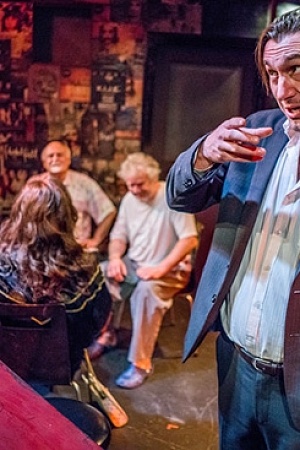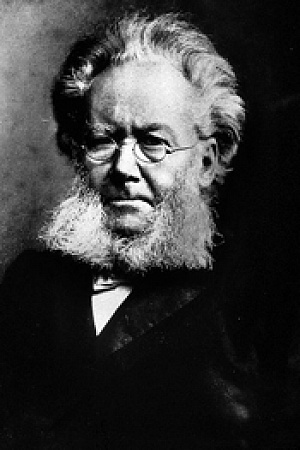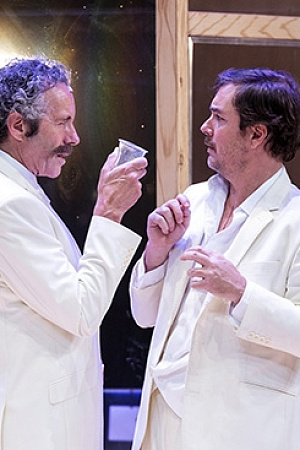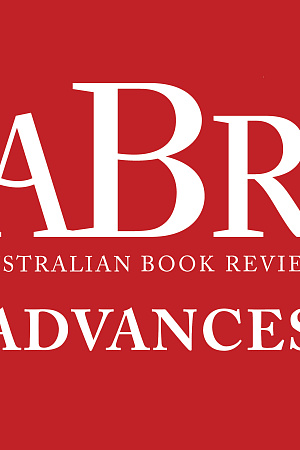ECHO: Every Cold-Hearted Oxygen
.png)
Since its creation in 2010, Iranian playwright Nassim Soleimanpour’s White Rabbit, Red Rabbit has achieved the unlikeliest of theatrical fates: it is understood to be both experimental and successful. It has been performed in more than thirty languages and by actors as starry as Michael Sheen, Stephen Fry, and Whoopi Goldberg. As with several of Soleimanpour’s other works, White Rabbit – presented by the Malthouse Theatre in 2013 – relied on the conceit that it is performed each night by a different actor who has never seen the script before, thus generating a particular kind of frisson by amplifying the audience’s uncertainty and sense of uncovering the text along with the unrehearsed performer. I saw it in Adelaide during a long-distant Fringe, performed by the redoubtable Amber McMahon, but recall its interweaving of fable, philosophy, and audience interaction only dimly. The play’s intention, I think, was both to schematically explore the oppressiveness of the Iranian regime and to stand in for the playwright himself who, although now Berlin-based, was not, at the time of the play’s writing, able to present his work in his own country.
Continue reading for only $10 per month. Subscribe and gain full access to Australian Book Review. Already a subscriber? Sign in. If you need assistance, feel free to contact us.










Leave a comment
If you are an ABR subscriber, you will need to sign in to post a comment.
If you have forgotten your sign in details, or if you receive an error message when trying to submit your comment, please email your comment (and the name of the article to which it relates) to ABR Comments. We will review your comment and, subject to approval, we will post it under your name.
Please note that all comments must be approved by ABR and comply with our Terms & Conditions.